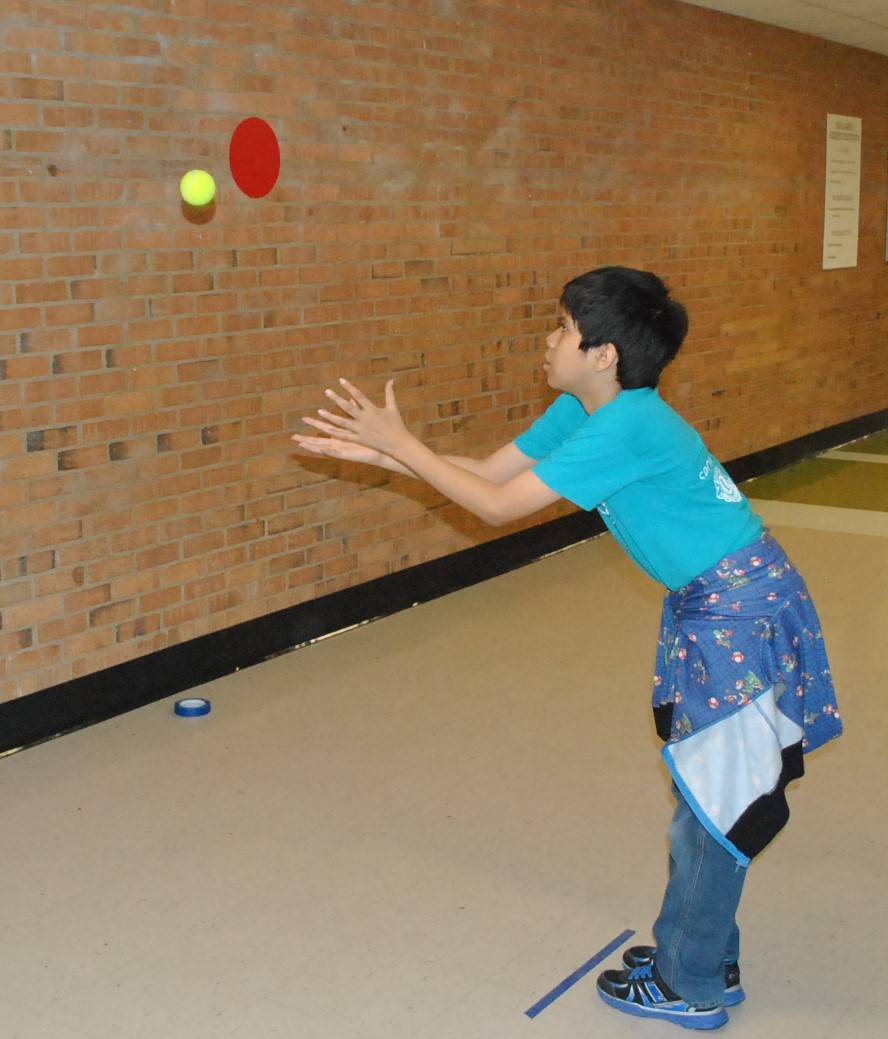Researchers identify relationship between motor competence and executive function in children with autism spectrum disorder
Debbie Ritenour | September 25, 2019

Research has found that both motor competence and executive function can be directly tied to school performance. Children with poor fine motor function may focus on physical tasks such as holding a pencil or using scissors instead of listening to their teachers, while children with poor executive function may struggle to solve problems or complete tasks. By investigating the relationship between motor competence and executive function, Associate Professor Ting Liu, who led the study, sought to fill a gap in the literature and inform future interventions and treatment programs designed to improve these abilities in children with autism spectrum disorder (ASD).
Liu and Texas State graduate student Morgan Tongish assessed the motor competence and executive function of 15 male children with ASD ranging in age from 8 to 14. The researchers used the Movement Assessment Battery for Children-2 (MABC-2) to evaluate motor competence and the Conners Continuous Performance Test-3 (CPT-3) to evaluate executive function. They then conducted a correlation analysis and bootstrap analysis and identified a genuine and statistically significant relationship between motor competence and executive function in children with ASD.
“Understanding the relationship between motor competence and executive function in children with ASD is important in order to design effective interventions,” said Liu. “This study suggests that interventions that focus on improving motor competence in children with ASD such as sensory integration therapy and neuromotor task training may also improve executive function and vice versa. In turn, these interventions may have positive effects on socialization, school success and physical activity.
Participating children were recruited from the Texas State University Autism Summer Camp, which is hosted by the Department of Health and Human Performance; the Clinic for Autism, Research, Evaluation and Support; and the San Marcos Consolidated Independent School District. The camp and related research projects are supported with grants from local sponsors, including the City of San Marcos, H-E-B, the San Marcos Lions Club and United Way of Hays and Caldwell Counties.
Share this article
For more information, contact University Communications:Jayme Blaschke, 512-245-2555 Sandy Pantlik, 512-245-2922 |